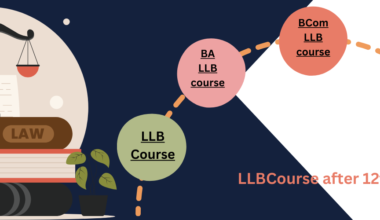A woman suddenly becomes socio-economically important as soon as she steps outside the threshold. So, is this issue only of breaking the line of non-parity or formally joining an organization to profit? However, before reaching any conclusion on this issue, marketism has to be understood in the backdrop of social justice. Of course, at first glance, this discussion may seem justified or orthodox, but it is certain that these women, who are keeping pace with the new conditions of marketism, cannot be called modest.
In simple words, there are new lines of marketism, whose only goal is maximum profit. Now if the fame of social justice is also added to this profit, then it achieves social acceptance along with the fulfillment of its purpose.
In the current environment, the number of working women is increasing, due to which a positive change in social outlook can be attributed to the new initiatives of the government. However women are being employed by most private sector companies.
Employment of women by private sector multinationals is not hidden from anyone and can be seen as women employed in BPOs. This may be considered the previous era of marketism, in which women were introduced as products. In even further stages, now women are being employed in more labor intensive areas by giving them respect, reservation and protection.
Increasing social acceptance towards employed and working women makes a woman feel special and can also be considered a positive direction for women empowerment. However, it is also important to understand the new dimension of employing women by private companies. Actually, this new dimension is based on all the reputed journals and articles whose content is to connect the capabilities of women with empowerment.
Nowadays, various journals or reports are bringing private companies in the capabilities of the women.
At the same time, in various business lobbies, seminars and seminars in the private sector, there is a lot of emphasis that women are on different qualities like decision making, good seating power, easy receptiveness to new rules and regulations, soft skill of conversation, less With patience in pay and in difficult situations, they are equipped with honest work operations, low productivity and high productivity and minimum demand. Therefore, employing them is a profitable deal.
Appropriate circumstances may undoubtedly be considered as a means of empowerment of women, but ironically, women are being imprisoned in another boundary by crossing a threshold of non-equalization.
Admittedly, to be laborious or to regain is a natural process, but it is also important to discuss the implications of its path, because naturally, both the variables of nature, ie, men and women get tired after working equally. Therefore, women should also have the same right to light-hearted attention for comfort, necessary amenities and mental stress. The question mark on the new hue of marketism is also about the point why women are not employed in important positions like head manager, project head, office in charge, etc. and why important tasks are not delegated by their counterparts?
Why are these women expected to grind between the two powerful pats (men and company) of Jat (marketism) and to be polite like the powder? It is not limited to feminism and women’s discourse alone, nor have women forgotten their abilities or abilities and need to be addressed now, because every woman who is engaged in her household and family tasks is already laborious and with managerial qualities It is equipped.
Actually, the question is whether we have to make both the variables of nature responsible and loyal or whether we want duty-free men in our society or women who work more than capacity?
Now the sentiment is quite clear that there are also strong contenders for equalization of health, capacity and the minimum resources required, which it is not possible to keep employed for long time only on the basis of praise.






